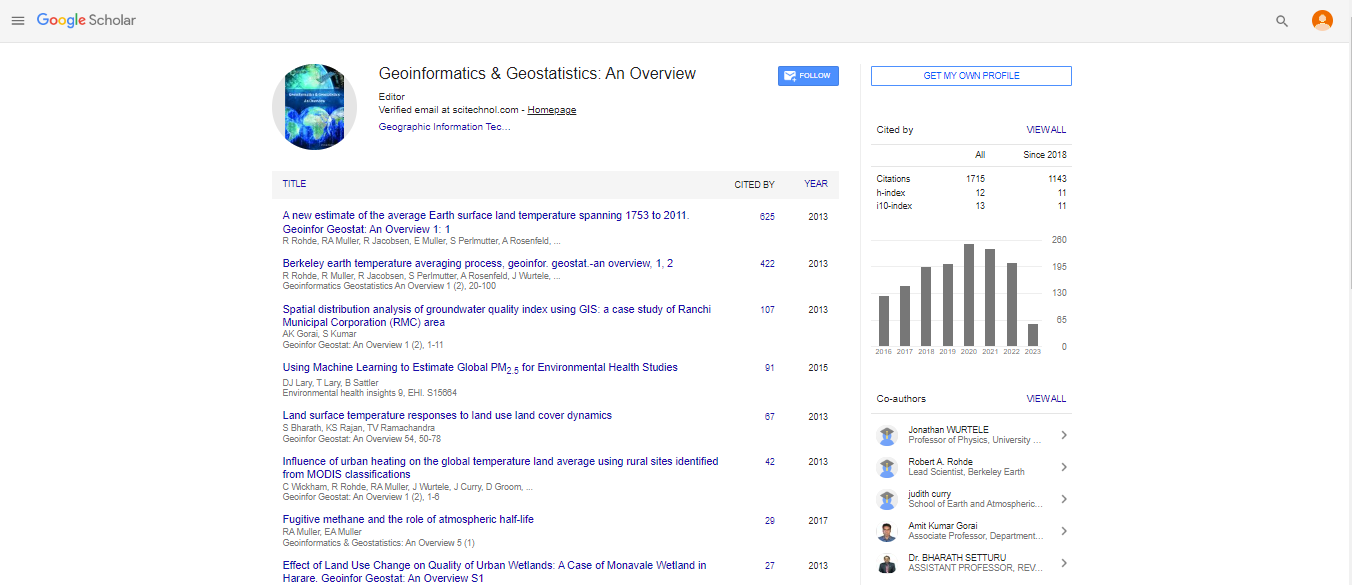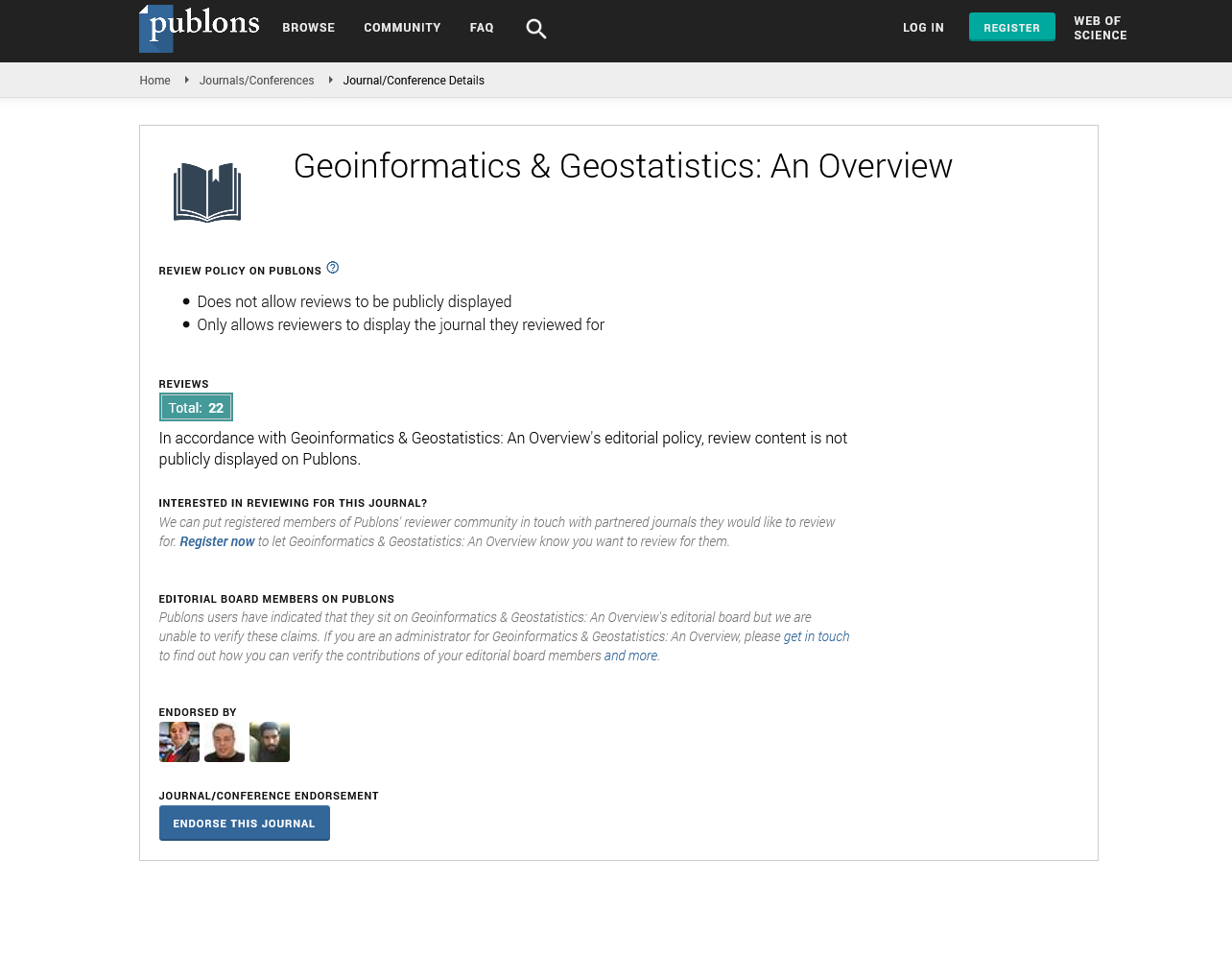Critical energy infrastructure protection in EU legislation with a focus on natural hazards in electricity networks
Constantinos S Psomopoulos and Greece Nikolaos M Manousakis
University of Applied Sciences, Greece
:
Abstract
Statement of the Problem: Since 2005, the European Program for Critical Infrastructure Protection (EPCIP) is the main policy initiative at European Union (EU) level, while Directive 2008/114/EC, "the EPCIP Directive", is the most representative legal instrument about this issue. According to the Directive 2008/114/EC, as critical infrastructure we define an asset, system or part thereof located in Member States which is essential for the maintenance of vital societal functions, health, safety, security, economic or social well-being of people, and the disruption or destruction of which would have a significant impact in a Member state as a result of the failure to maintain those functions. The energy sector is closely related with critical infrastructure protection focusing on the society protection, by protecting the energy suppliers, services and customers. This is achieved using preventive physical, cyber and operational security measures. Methodology & Theoretical Orientation: This work presents a study about EU legislation in terms of the impact of natural hazards on the critical energy infrastructure protection considering the EU energy infrastructure program, the increasing energy demand and renewable energy sources penetration, and the experience from large scale electricity blackouts. Findings: EC legislation provides a comprehensive view of all the problems and tasks involved at critical infrastructure protection. Despite all the efforts devoted to improving the legislation, there is a need for a more comprehensive legal framework related with the natural hazards in electricity networks. Conclusion & Significance: Although EC legislation about critical energy infrastructure protection is steadily increased over the years, the substantial natural hazards impact in electricity systems needs to be more carefully addressed.
Biography
Constantinos S Psomopoulos, is a Professor and Vice President of the Electrical Engineer Dept. graduated from the School of Electrical and Computers Engineering, NTUA Greece in 1997 and received his PhD from the same School in 2002. He has worked for several years in different industrial sectors (Shipyards, Waste Management, Energy, etc). He took part as expert in energy and infrastructures, in national and international projects. He is a certified expert in Critical Energy Infrastructure Protection according to 2008/114/ EC Directive. He is the Director of the High Voltage and Power Systems Research Lab of PUAS. He joined the Academic staff of PUAS in October 2007, the research team of Earth Engineering Center of Columbia University of NY since 2011, and he is Visiting Professor in University d’ Auvergne France since June 2016. He is author of over 100 scientific papers published in international scientific journals and conferences.
Email: cpsomop@puas.gr
 Spanish
Spanish  Chinese
Chinese  Russian
Russian  German
German  French
French  Japanese
Japanese  Portuguese
Portuguese  Hindi
Hindi 
